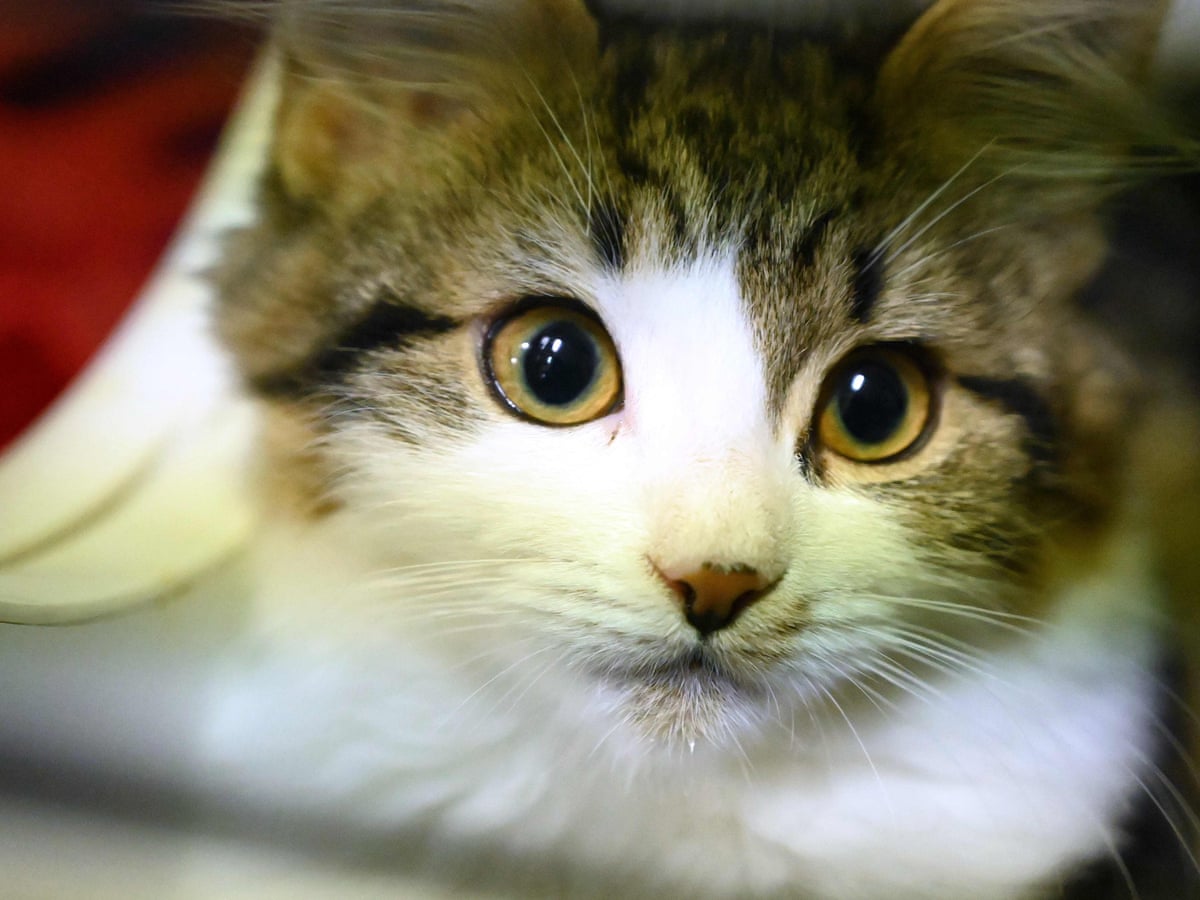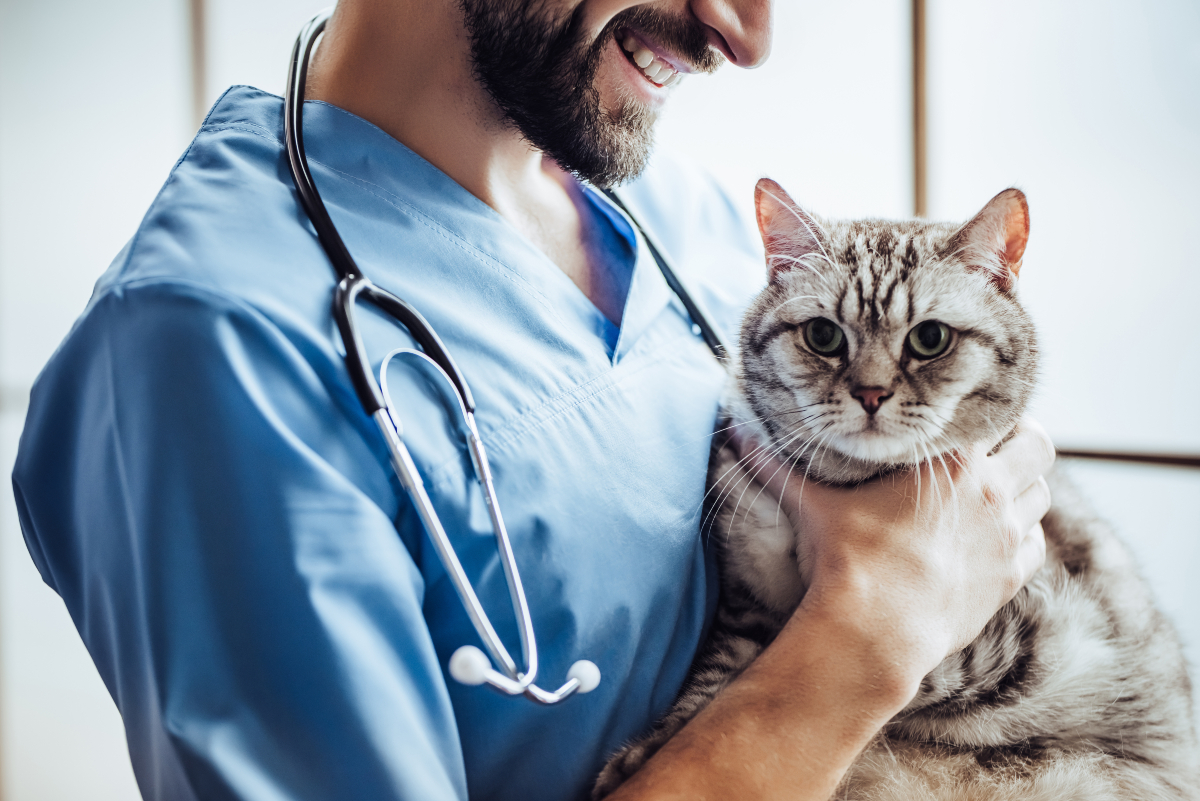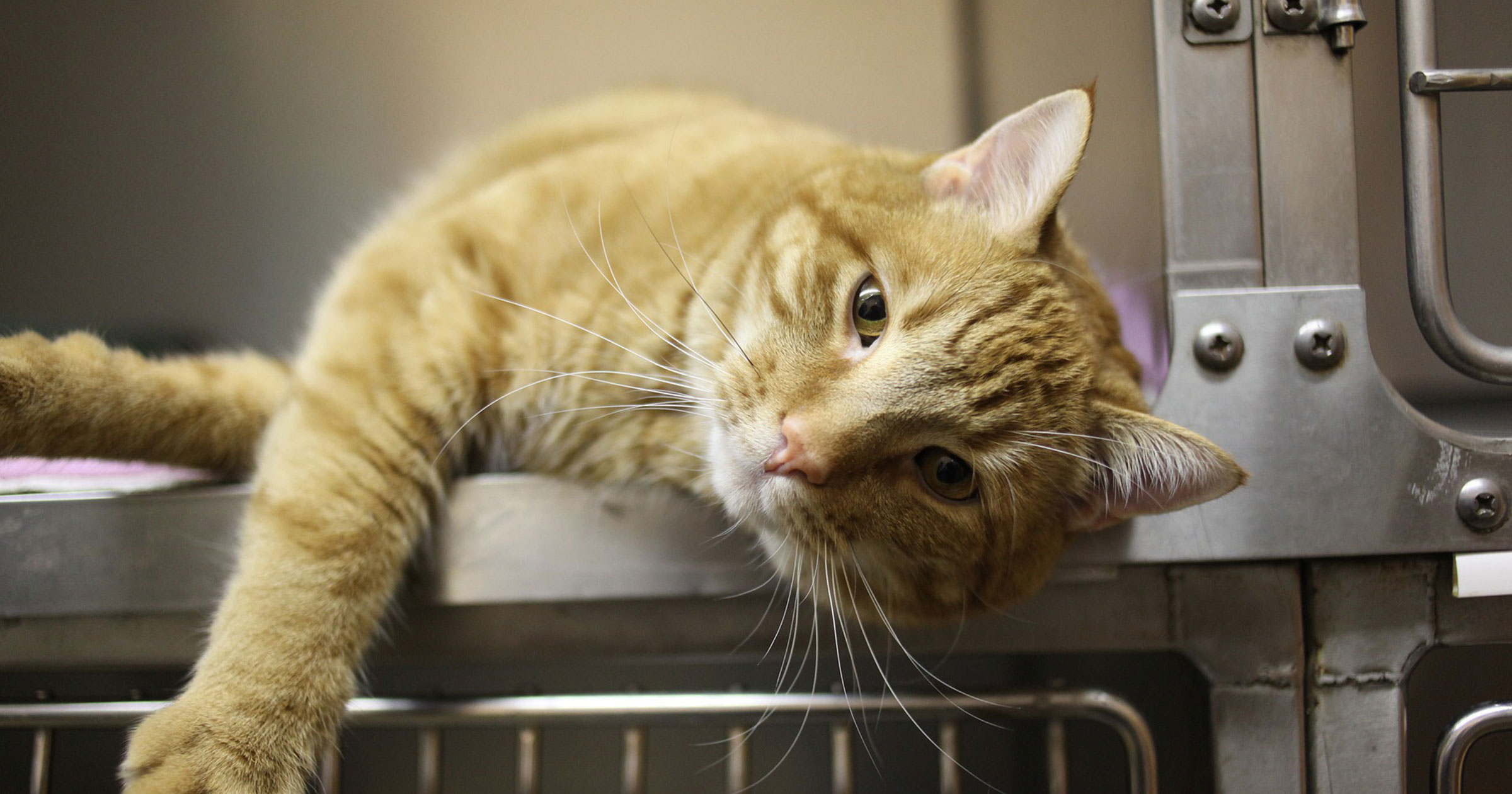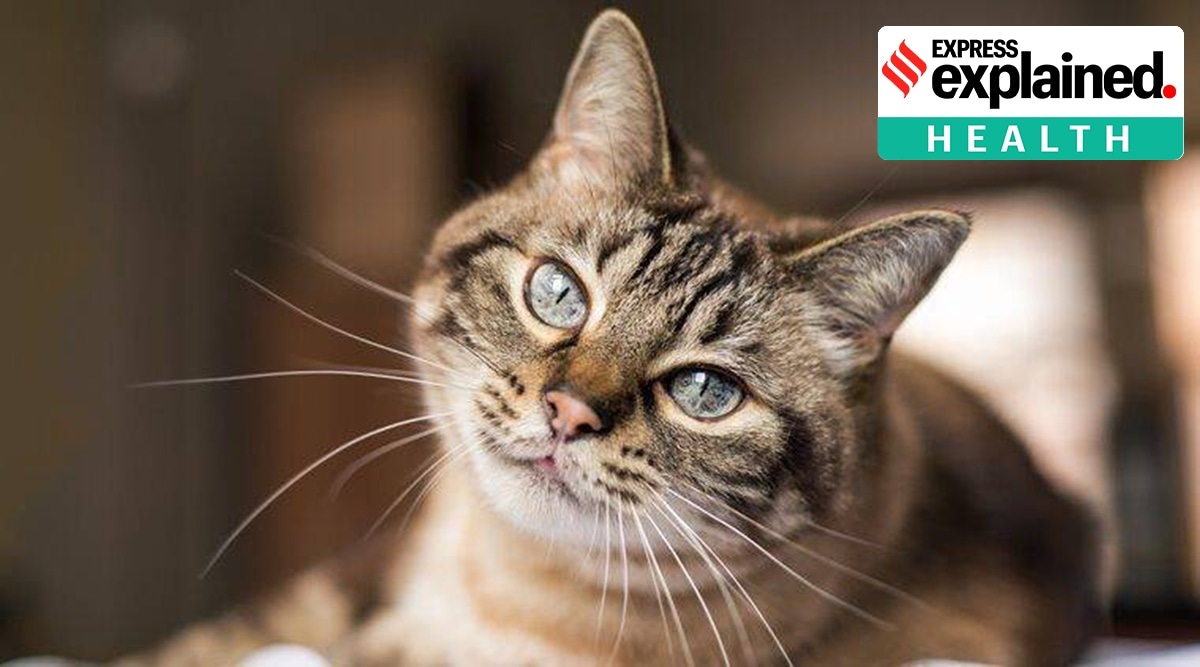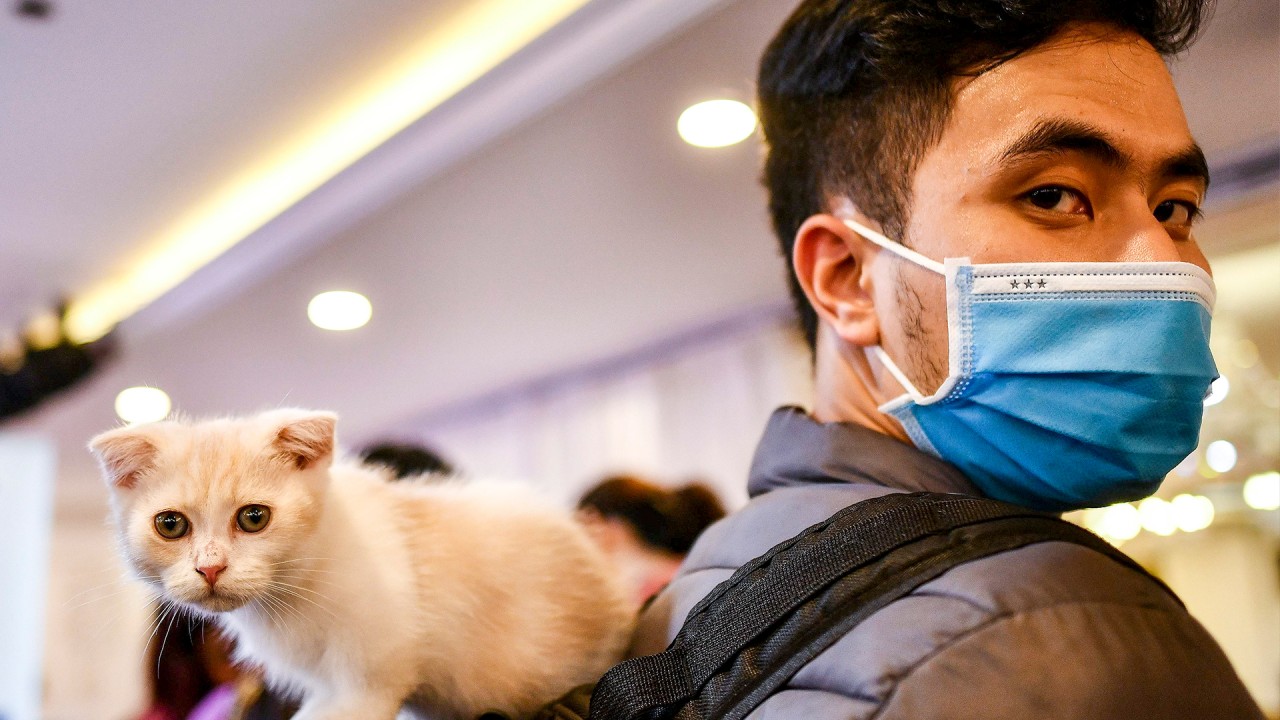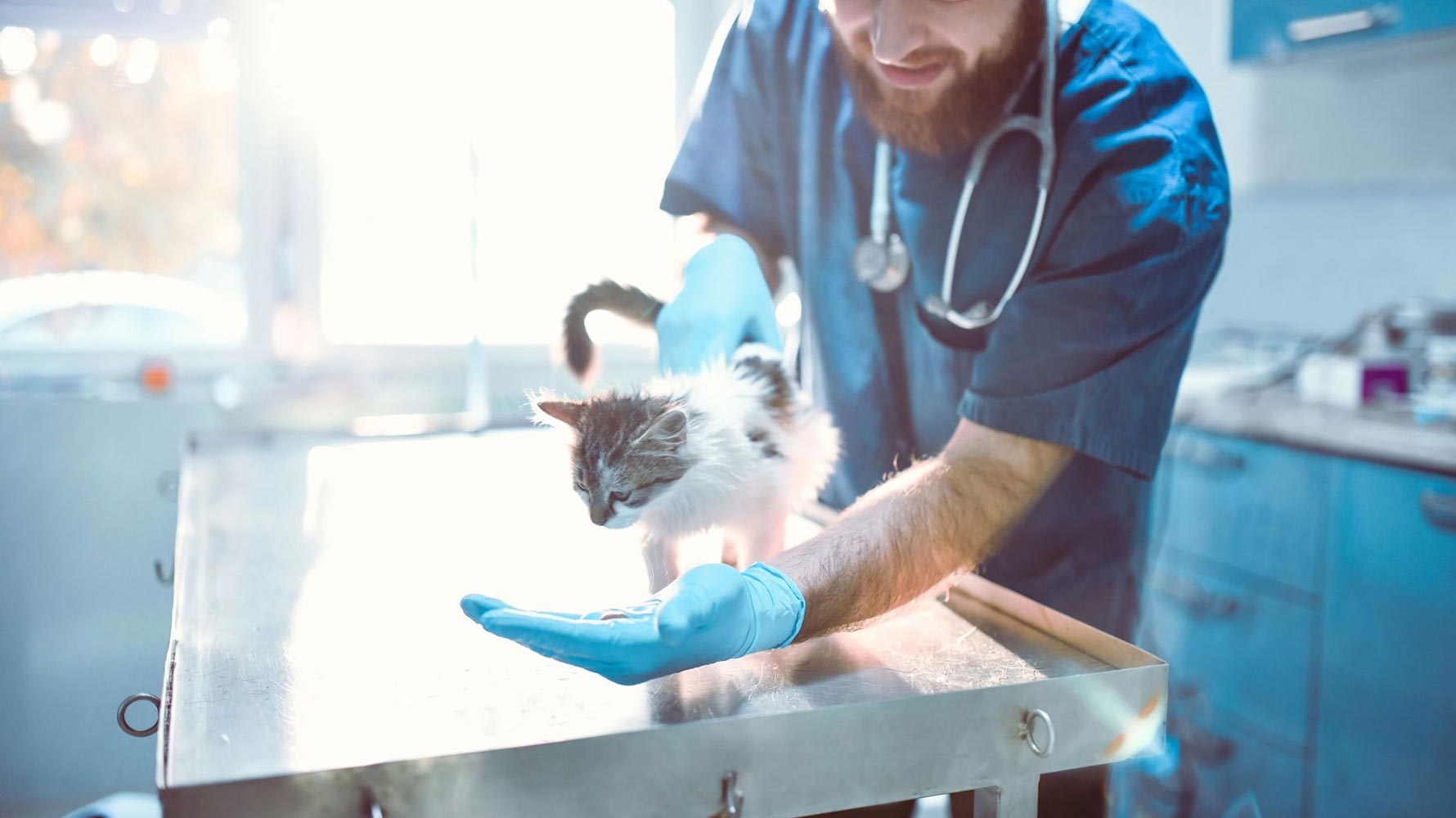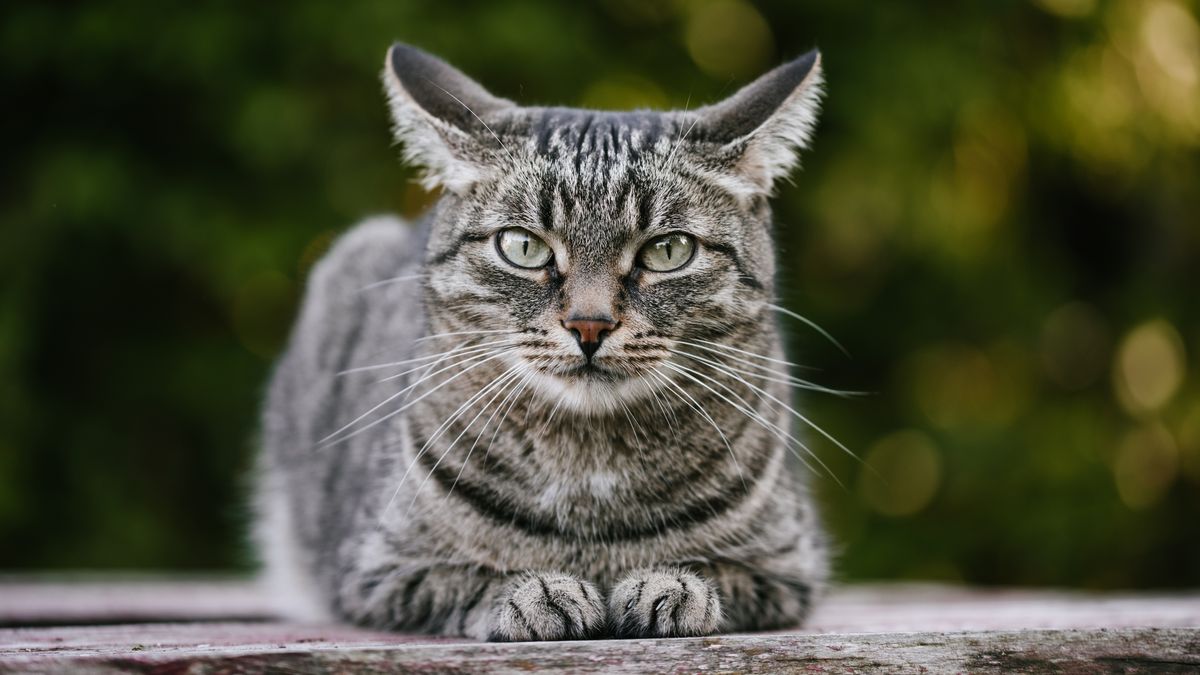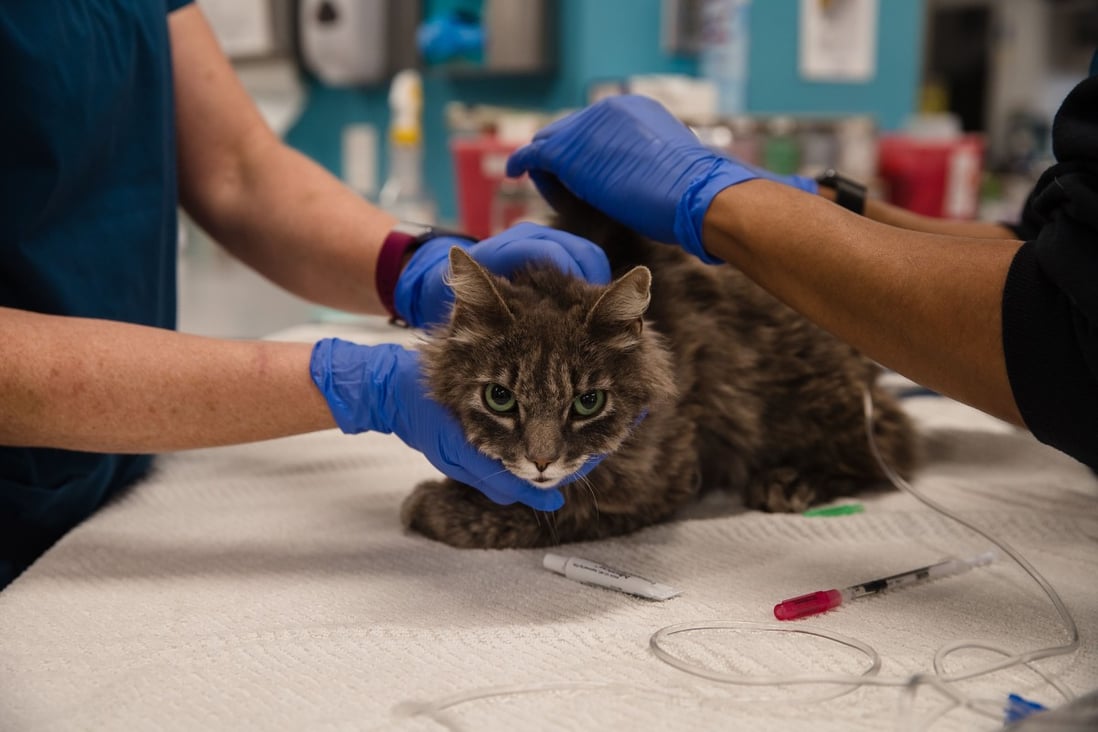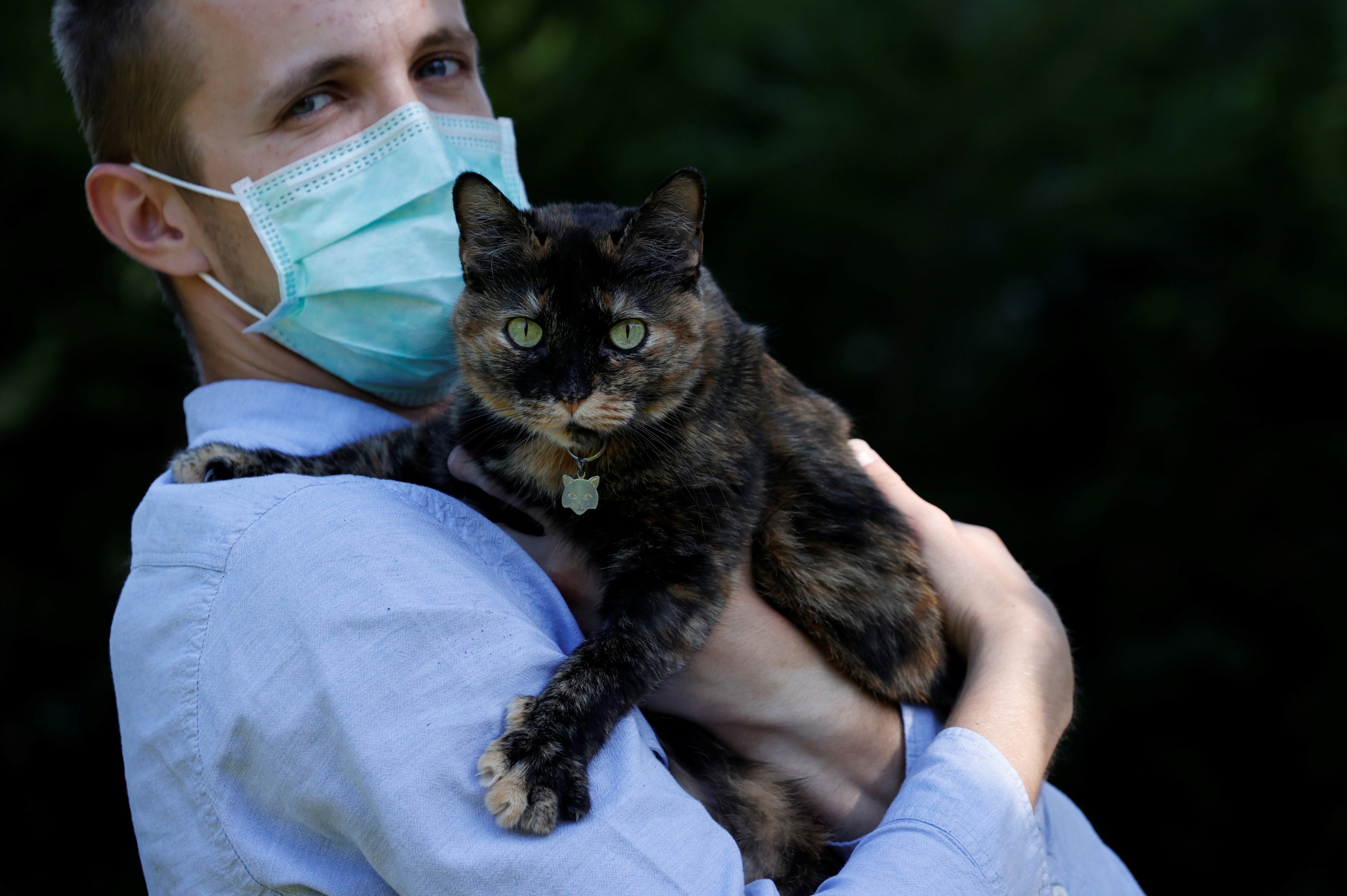Cats And Coronavirus Infection
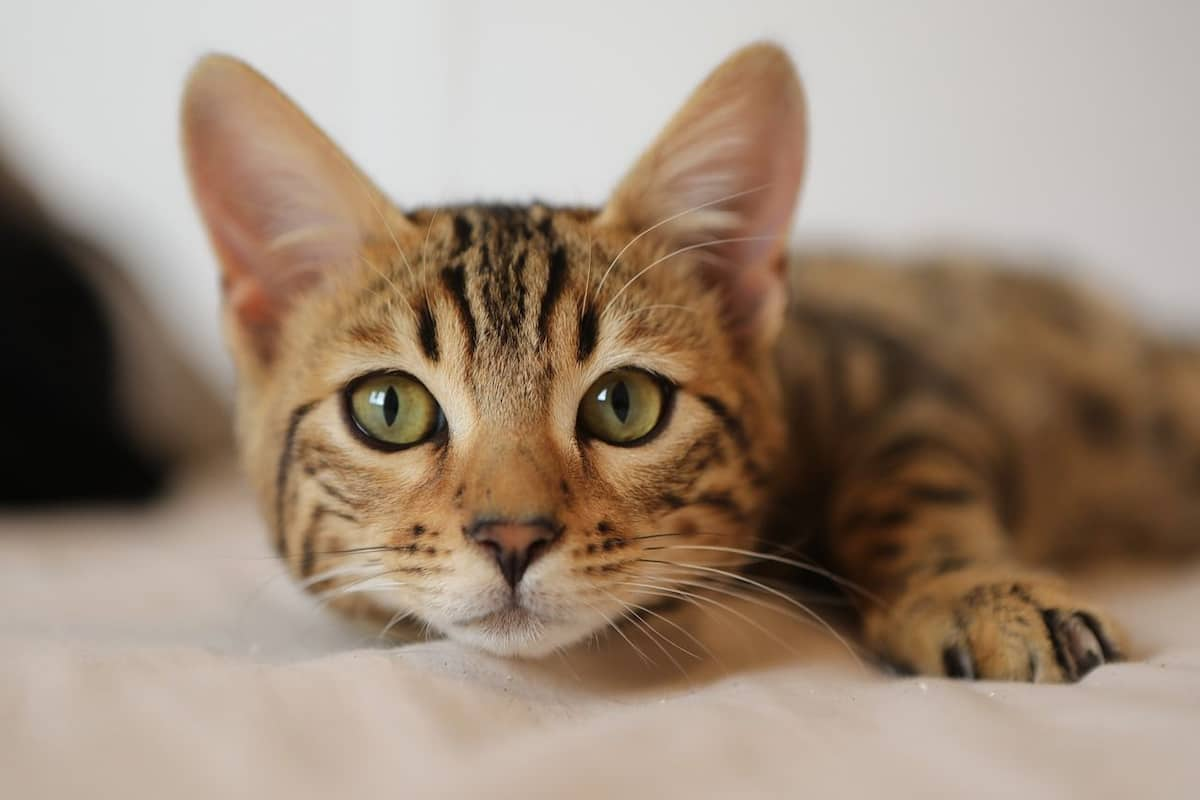
Public concern about felines was initially raised when tigers and lions at the Bronx Zoo in New York were found to be infected with SARS-CoV-2 the virus which causes COVID-19.
Cats and coronavirus infection. Some cats continue to shed virus indefinitely however. The virus is shed in the feces by many seropositive cats. It is more common in multi-cat households and does not affect other animals or people.
It is estimated that 2540 of household pet cats have been infected with FCoV but the infection rate increases to 80 100 per cent for cats kept in multi-cat households or colonies. Five specieshumans cats ferrets civets and dogshave had documented cases of infection by SARS-CoV-2. This virus has been designated feline enteric coronavirus to differentiate it from FIPV.
Ferrets cats and civets most susceptible to coronavirus infection after humans Ducks rats mice pigs and chickens had lower or no susceptibility to infection. Fever- A normal temperature for your cat falls between 995-1025 Fahrenheit. Look what the cat.
We dont yet know all of the animals that can get infected. Feline enteric coronavirus typically causes a subclinical or mild transient intestinal infection in kittens. Researchers state that it is much more likely that humans are giving the virus to their pets rather than pets causing humans to become sick.
There are no reports of infection. Cats can be infected with the coronavirus that causes COVID-19 and can spread it to other cats but dogs are not really susceptible to the infection say researchers in. The recent pandemic caused by the novel human coronavirus CoV currently referred to as severe acute respiratory syndrome coronavirus type 2 SARS-CoV-2 which is responsible for COronaVIrus Disease 2019 COVID-19 is leading to alarmism among pet owners as a consequence of few case reports of SARS-CoV-2 infection in dogs and cats.
This virus has been designated feline enteric coronavirus to differentiate it from FIPV. This happened mostly after the animals were in close contact with. An enteric coronavirus that is antigenically closely related to feline infectious peritonitis virus FIPV is ubiquitous in the cat population.
